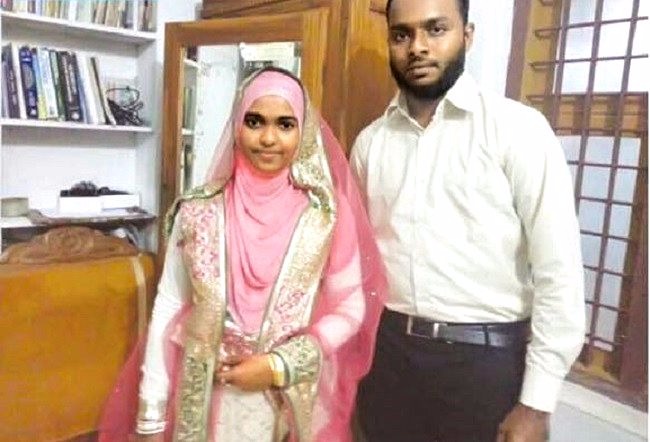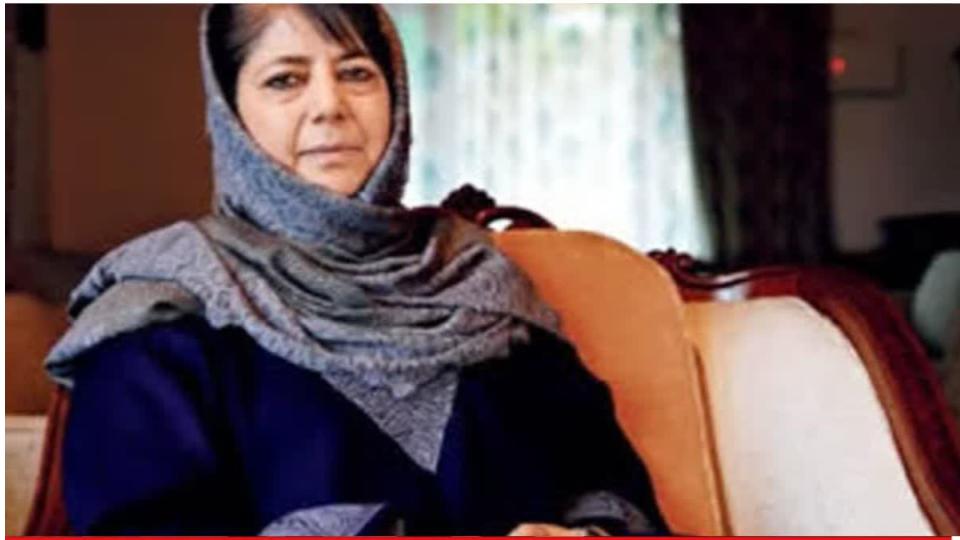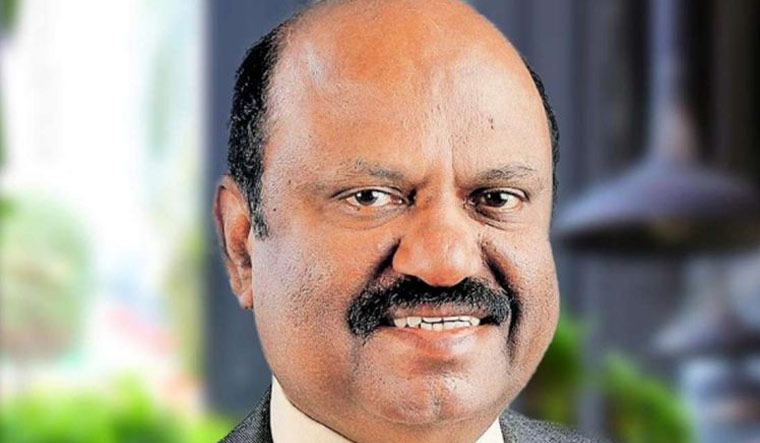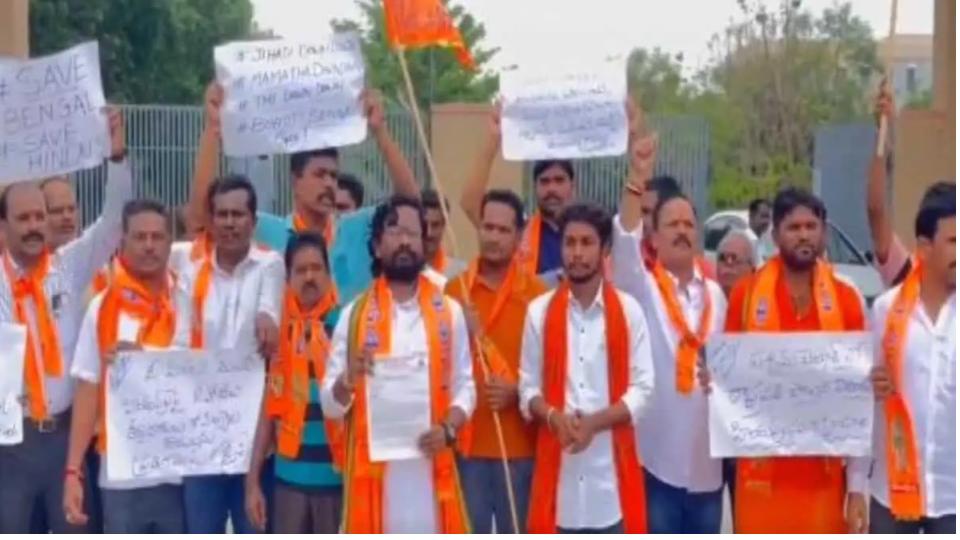Supreme Court sets date to hear Hadiya on her conversion to Islam and marriage
Mon 30 Oct 2017, 21:10:31

The court overrode the submissions made by Hadiya’s father that she is indoctrinated and her consent should not be treated as absolute.
The Supreme Court on Monday ordered the production of Akhila alias Hadiya, a Hindu girl in Kerala who converted to Islam and subsequently married a Muslim man, before it on November 27 at 3 pm.
A Bench led by Chief Justice of India Dipak Misra said the court first wanted to know whether her conversion to Islam and marriage to Shafin Jahan was of her own volition.
The court overrode the submissions made by the girl’s father, in whose custody she is, that she is indoctrinated and her consent should not be treated as absolute.
The father, represented by senior advocate Shyam Divan, submitted that Jahan was a pawn in a “huge organisational apparatus” to radicalise young persons in Kerala. He said the questioning of his daughter should be done in-camera and not in open court.
“The issue pertains to marital relationship,” Chief Justice Misra remarked.
The court stood firm by its decision to hear the girl first, saying “We call the person and question her. At the time, if we have any doubts that she was not free to
make her choice... then we will take a final call”.
make her choice... then we will take a final call”.
NIA counsel and Additional Solicitor General Maninder Singh said “indoctrination is an exception to free consent”.
The Supreme Court has repeatedly questioned how the Kerala High Court had annulled the marriage and transferred the custody of an adult to her father - all on the basis of a habeas corpus petition filed by the father.
“In normal cases of habeas corpus, the person is produced. But this was a case of indoctrination,” Mr. Singh submitted.
“In a composite and plural culture like ours, constitutional courts respond to radicalisation. In the U.S. and the U.K., courts respond well before a person crosses over to the realm of criminality. Courts cannot remain silent in plural societies,” Mr. Divan justified the High Court’s decision to annul the marriage.
“But she has been in confinement,” Chief Justice Misra remarked.
“She is not in confinement,” Mr. Divan said.
“Then produce her,” Chief Justice replied.
The court observed that it does not go by the “pulse or impulse of the society, but by the law of the land”.
No Comments For This Post, Be first to write a Comment.
Most viewed from National
Most viewed from World
AIMIM News
Latest Urdu News
Most Viewed
May 26, 2020
Do you think Canada-India relations will improve under New PM Mark Carney?
Latest Videos View All
Like Us
Home
About Us
Advertise With Us
All Polls
Epaper Archives
Privacy Policy
Contact Us
Download Etemaad App
© 2025 Etemaad Daily News, All Rights Reserved.




.jpg)
.jpg)













.jpg)
.jpg)
.jpg)
.jpg)



















